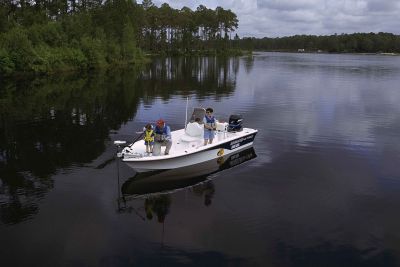GLASS develops a prototype infrastructure to ingest and process S2 and S3 data to obtain water quality in lakes. Use cases of very different lakes types and teaching material are being developed to show a large user community the potential of these new satellites. Monitoring of water quality of inland waters is important in every days life, for drinking water, transport, recreation, agriculture (including drinking water for cattle and or irrigation) and for ecology. Water samples provide detailed information, but are limited in time and space. Remote sensing can provide a great spatial overview, which is very useful for ecologists and water managers. The high spatial resolution of Sentinel-2 and the high overpass frequency of Sentinel-3, combined with their high locational accuracy, will provide unprecedented monitoring capabilities for inland waters.
The EU collaborative project 'Global Lakes Sentinel Services' (
GLASS) is developing a prototype Sentinel service infrastructure to ingest and process S2 and S3 data. The data, products, and results will be made accessible to a larger user community in a user-friendly way, to show what can be done with this new data.
Recent work includes the testing and preparation of atmospheric correction and water quality parameter retrieval algorithms for Sentinel-2 and -3 satellite data. Atmospheric correction algorithms were tested based on MERIS and Landsat data, and their properties with regard to tuning, suitability to new sensors and input requirements were compared. The analysis especially focused on the different performance of algorithms in different types of inland water, ranging from clear blue to highly absorbing and/or scattering waters.
It appeared that none of the atmospheric correction algorithms or water quality algorithms was suitable for all lakes, because of the large range optical variation. Therefore, a pre-classification tool was developed to facilitate pre-selection of an atmospheric correction and water quality retrieval algorithm for a lake with unknown optical properties.
Tools were developed to easily access and handle the data. The automatic Region of Interest and time series generation tool allows aggregation of valid lake pixels for time series production.
Currently, the GLASS consortium works on global lake case studies, to test and demonstrate the system and its tools on very different lake types with very different management questions. The newest results from the case studies can be found on the
GLASS website. For these case studies, some field campaigns have already been performed, in lake Peipsi (Estonia), lake Garda (Italy) and in alpine lakes in Nepal. In summer 2015, campaigns are planned in lake Vänern (Sweden), and Markermeer (the Netherlands).

